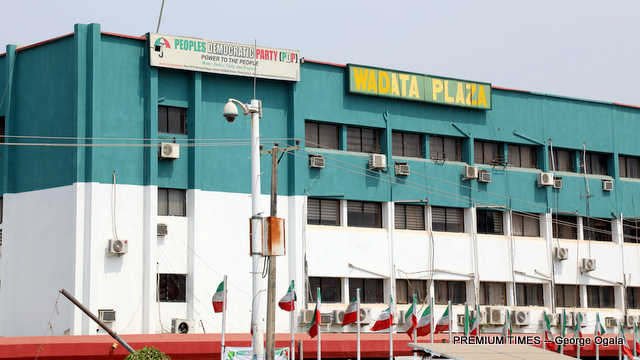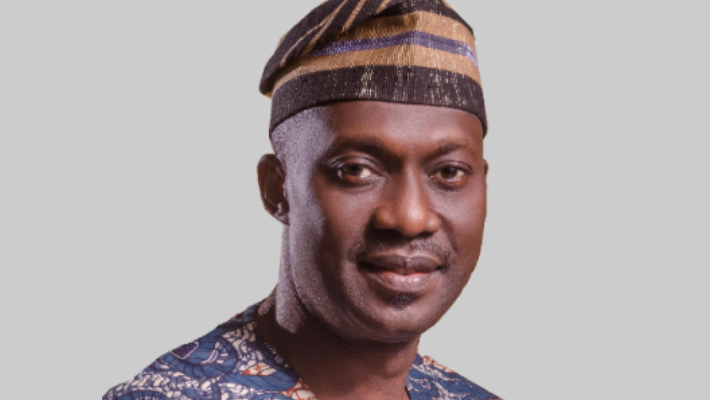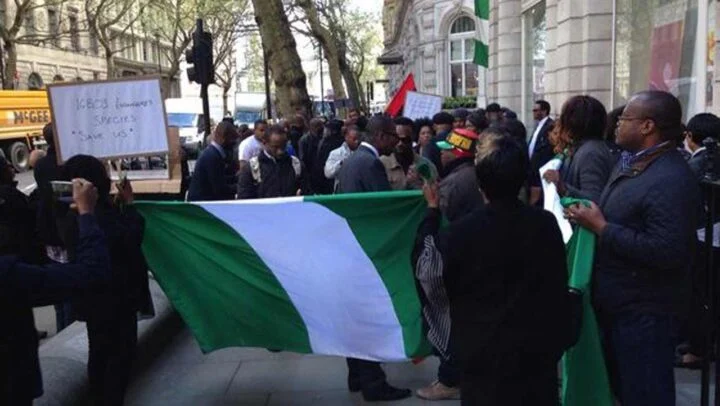P&ID: Foreign lawyers urge caution in future contracts

The legal team that successfully defended Nigeria in the multi-billion-dollar arbitration case against Process & Industrial Developments (P&ID) Limited has called on the Federal Government to strengthen its approach to contract procurement, especially in relation to high-value and long-term agreements.
Speaking during the send forth ceremony for Mr. Kofo Salam-Alada, outgoing Director of the Legal Department at the Central Bank of Nigeria (CBN), Shaistah Akhtar, Partner at Mishcon de Reya LLP—the firm that represented Nigeria in the case—urged authorities to be more vigilant in contract award processes to avoid pitfalls similar to those encountered in the P&ID matter.
Akhtar observed that despite Nigeria having an advanced legal infrastructure in areas such as anti-corruption and anti-money laundering, serious lapses occurred during the award of the original P&ID contract.
She pointed out that the agreement lacked the structural strength expected of a contract with such magnitude and long-term implications.
“In this case, things did go wrong. Government officials were bribed. The contract was not as robust as it should have been. It was quite a flimsy contract for such a long-running and high-value transaction,” Akhtar told journalists.
She also disclosed that little to no due diligence was carried out on the contractors involved. “There wasn’t any due diligence carried out on the contractors, who were effectively a two-man band and an offshore company with no assets and no track record,” she said.
Referring directly to the P&ID saga, Akhtar recounted how the shell company sought billions of dollars from Nigeria over a gas supply and processing agreement that was never implemented.
“This was a case where P&ID, a shell company, brought a claim of many billions of dollars against the Nigerian government in respect of a gas supply and processing agreement, which never broke ground,” she said. “By the time it got to enforcement, the award was worth around $11 billion. That’s about a third of Nigeria’s foreign reserves, and several times its education, health, and security budgets.”
Akhtar described the stakes as enormous and said the government acted swiftly to challenge the arbitral award. “We managed to overcome a number of challenges in order to successfully set it aside,” she said.
Beyond the economic benefits, she described the legal victory as a significant moment in Nigeria’s battle against corruption and a deterrent to potential fraudsters. “This is a practical implementation of the government’s anti-corruption policy. It sends a strong signal to those seeking to exploit government weaknesses.”
Akhtar also praised the critical role played by Mr. Kofo Salam-Alada in the legal battle, describing him as a linchpin in the collaborative effort involving the Ministry of Justice, the Ministry of Petroleum Resources, and the Central Bank of Nigeria.
“Kofo was delegated the day-to-day responsibility of dealing with the lawyers. He played an essential role in giving instructions, obtaining information, and ensuring we had the tools needed to pursue the case,” she stated.
She stated that Mr. Alada’s dedication over more than five years was central to the successful outcome. “He worked extremely hard over a period of five and a half years—well beyond the call of duty—working all hours and engaging with various government agencies and officials to get what was needed to move the case forward,” Akhtar said.
Her remarks during the event conveyed deep professional respect and appreciation for Alada’s work ethic and commitment.
“We’ve learned to appreciate Kofo’s qualities as a professional and as an individual. His work on this case has been invaluable. He has been a critical part of the success of this case, which has saved the Nigerian government this enormous liability of $11 billion,” she said.
Akhtar concluded that the outcome of the case carries enduring value, not only for the government but for all Nigerians. “This is an important result, not just for the government, but for the 200 million people of Nigeria. It’s a great part of the legacy. And we feel very proud to have worked with him. He’s a great representative of the government, a great servant of Nigeria. This outcome will benefit many generations to come.”
The P&ID case, long viewed as a legal and financial cloud over Nigeria’s economic stability, was effectively neutralized through the efforts of the legal team and the commitment of officials like Mr. Alada.








